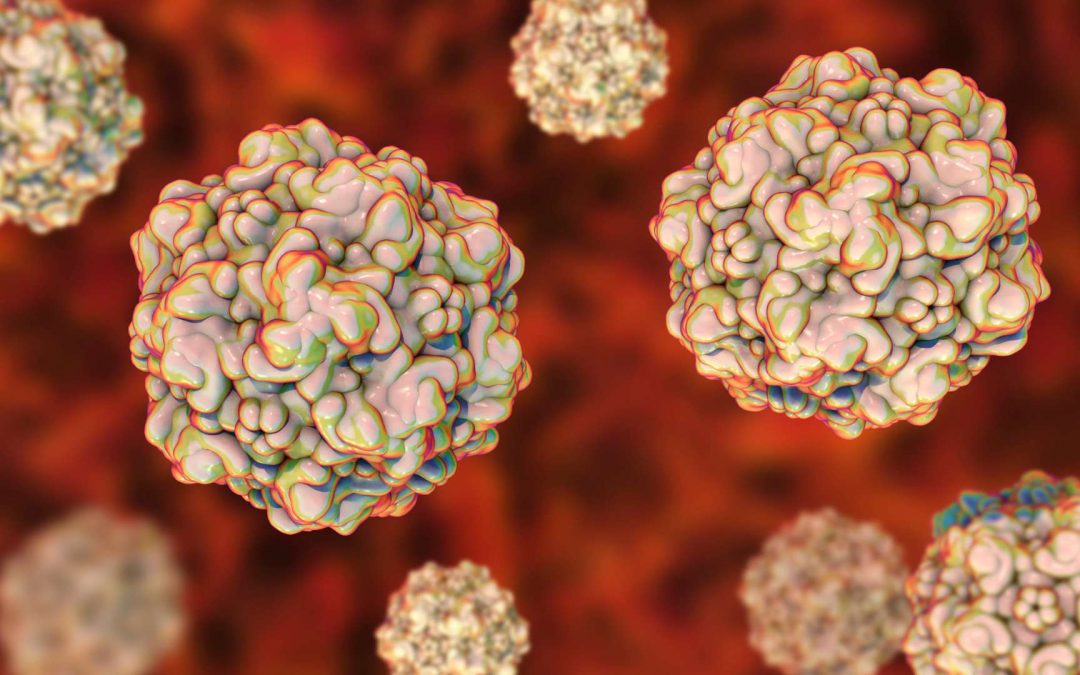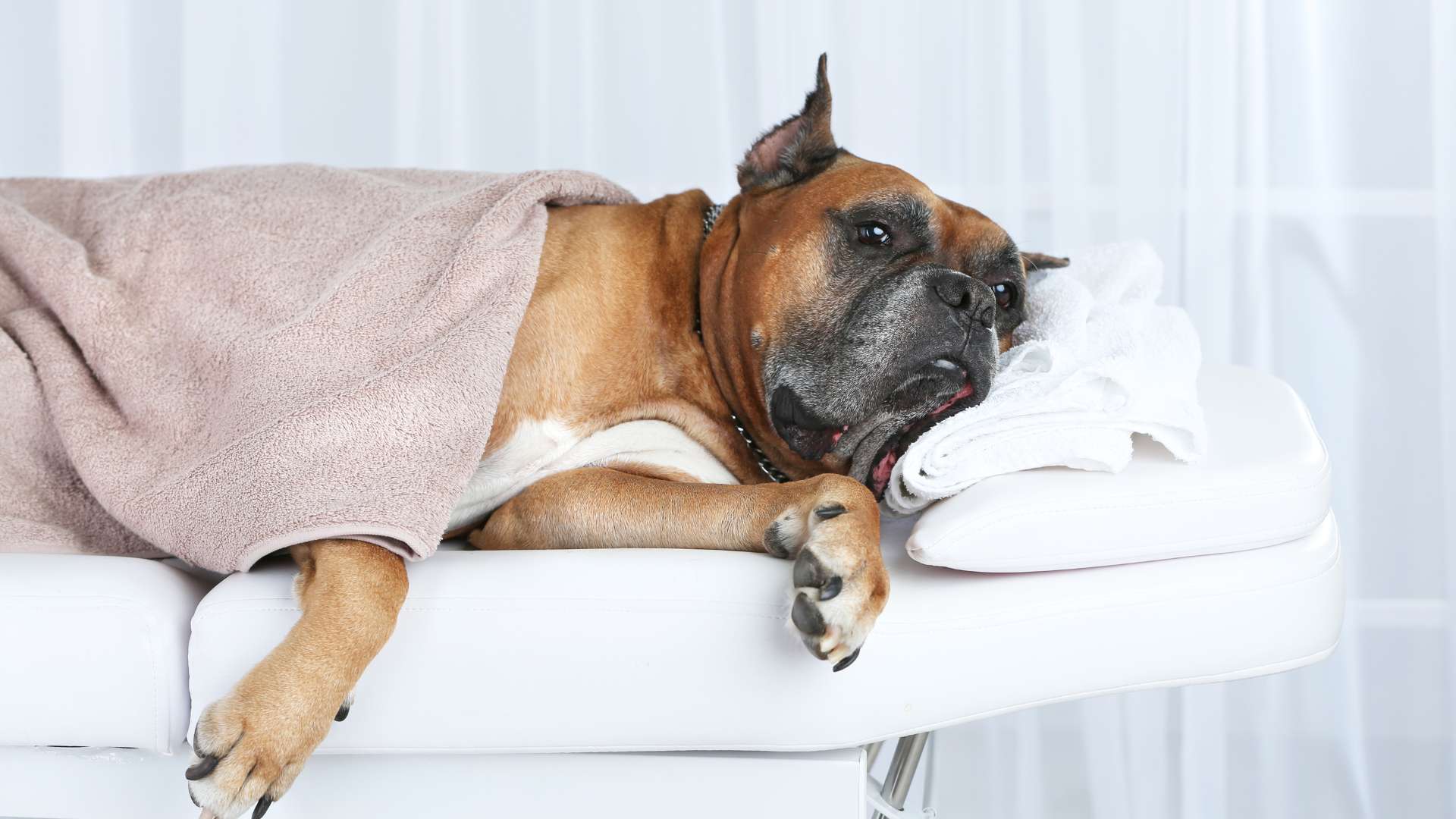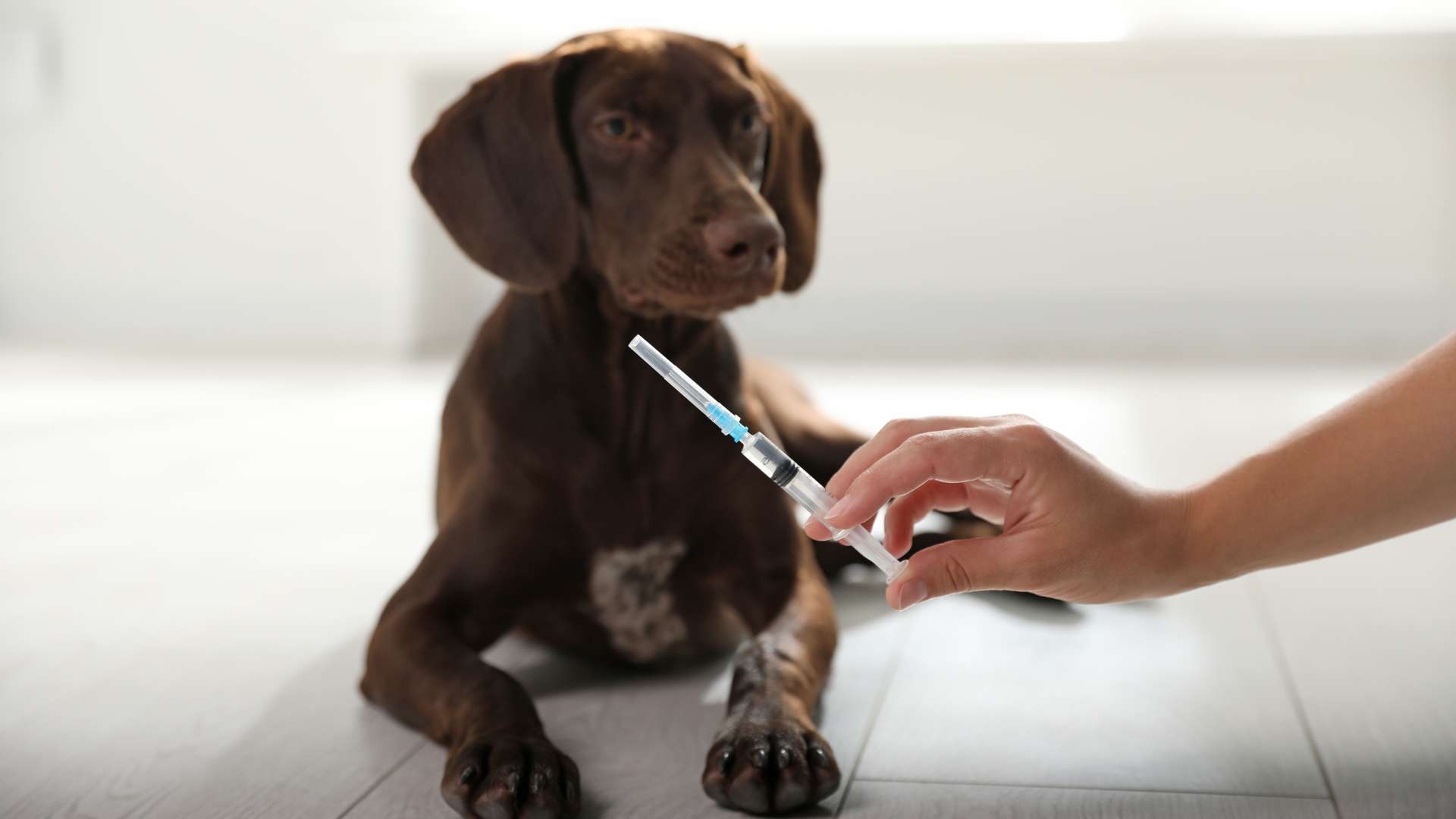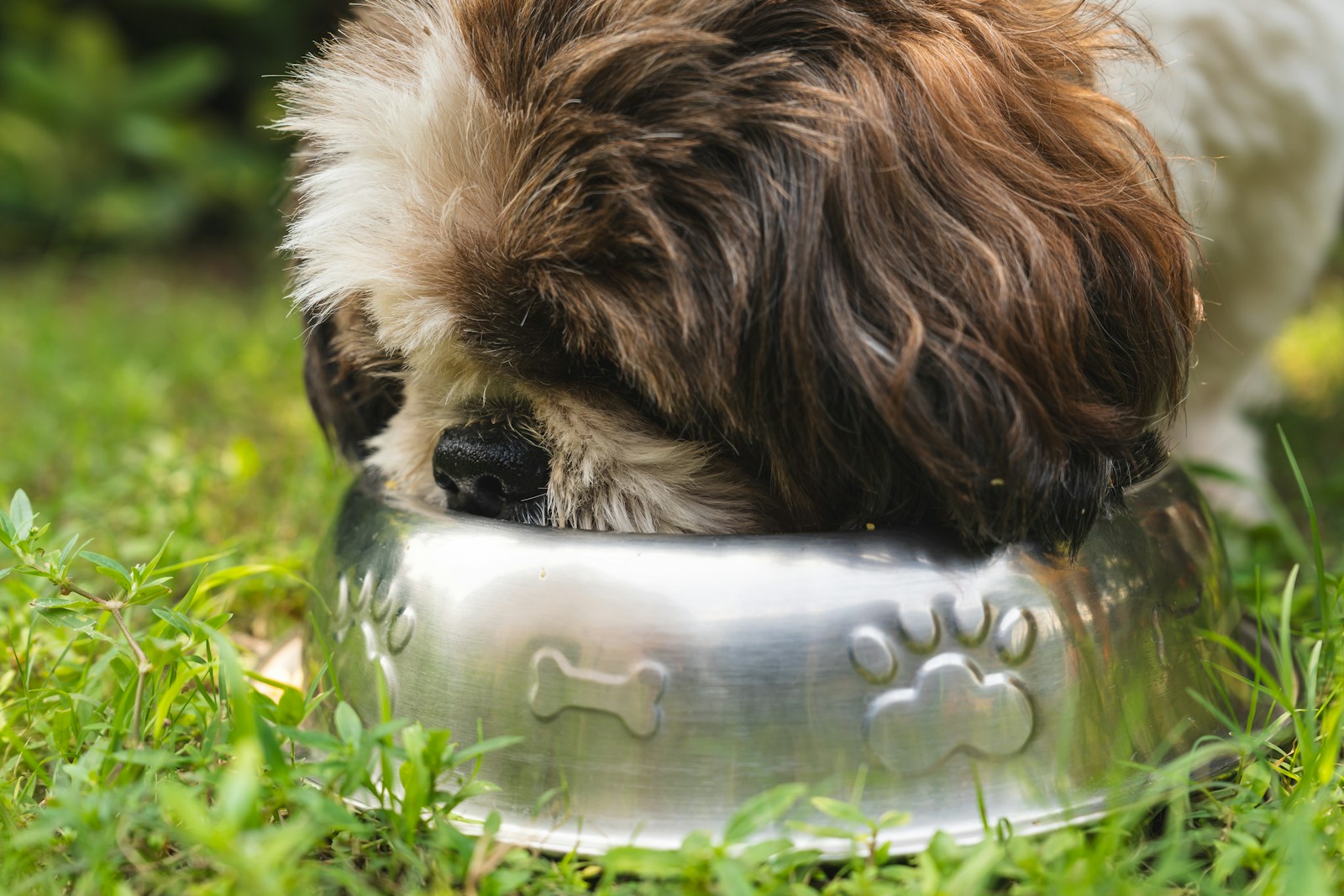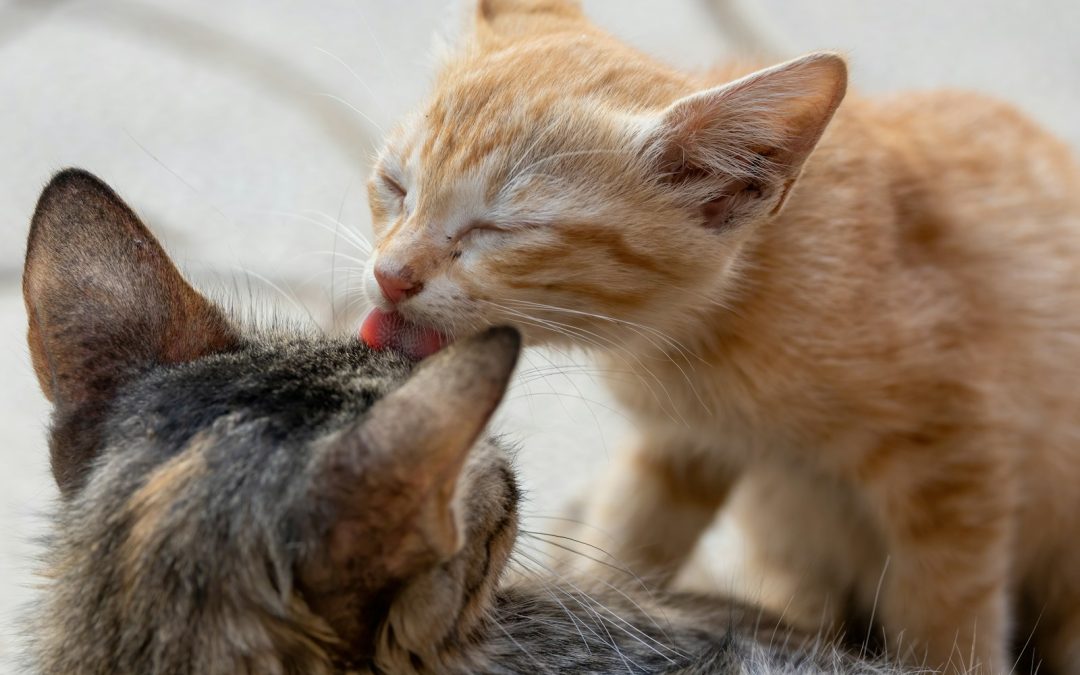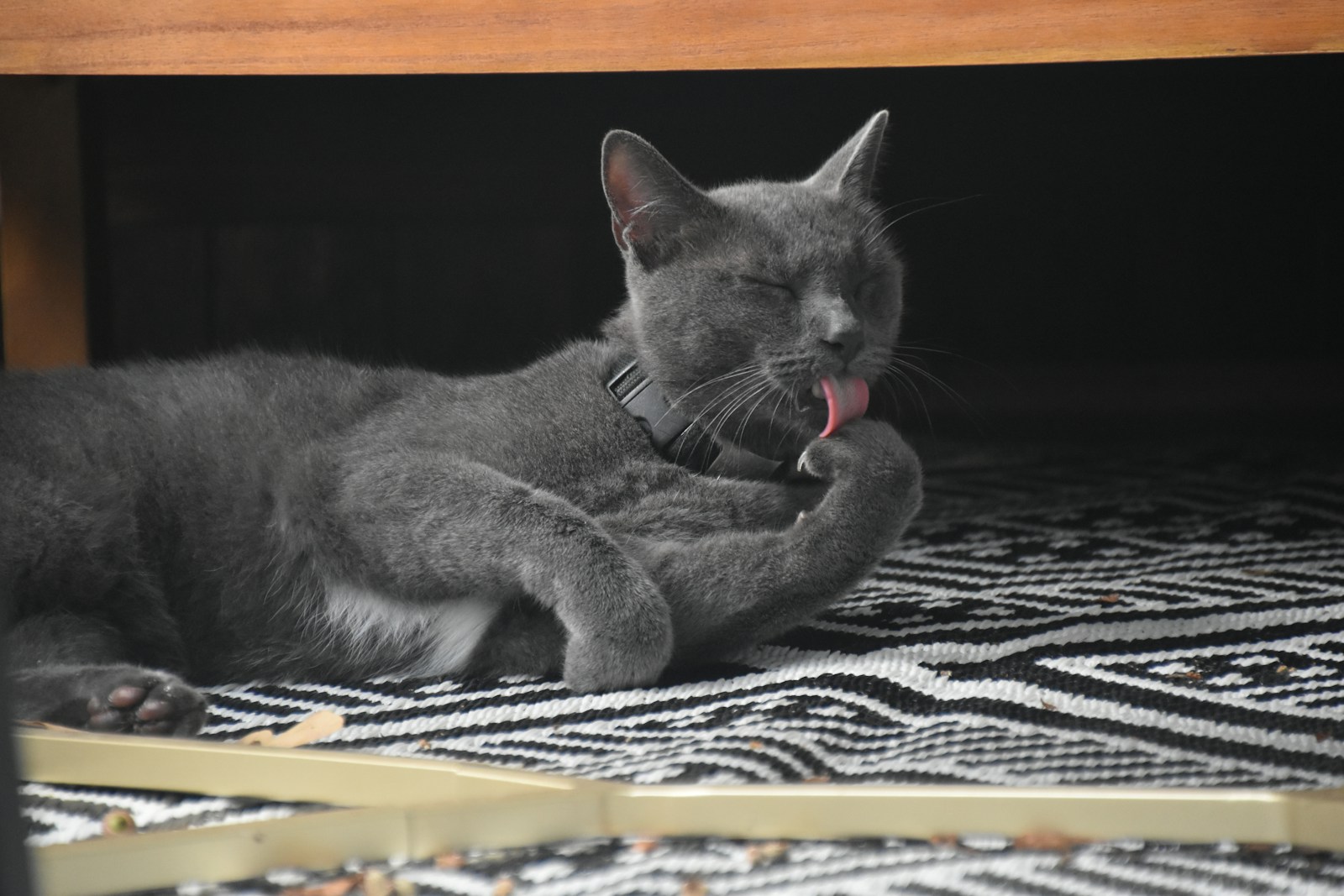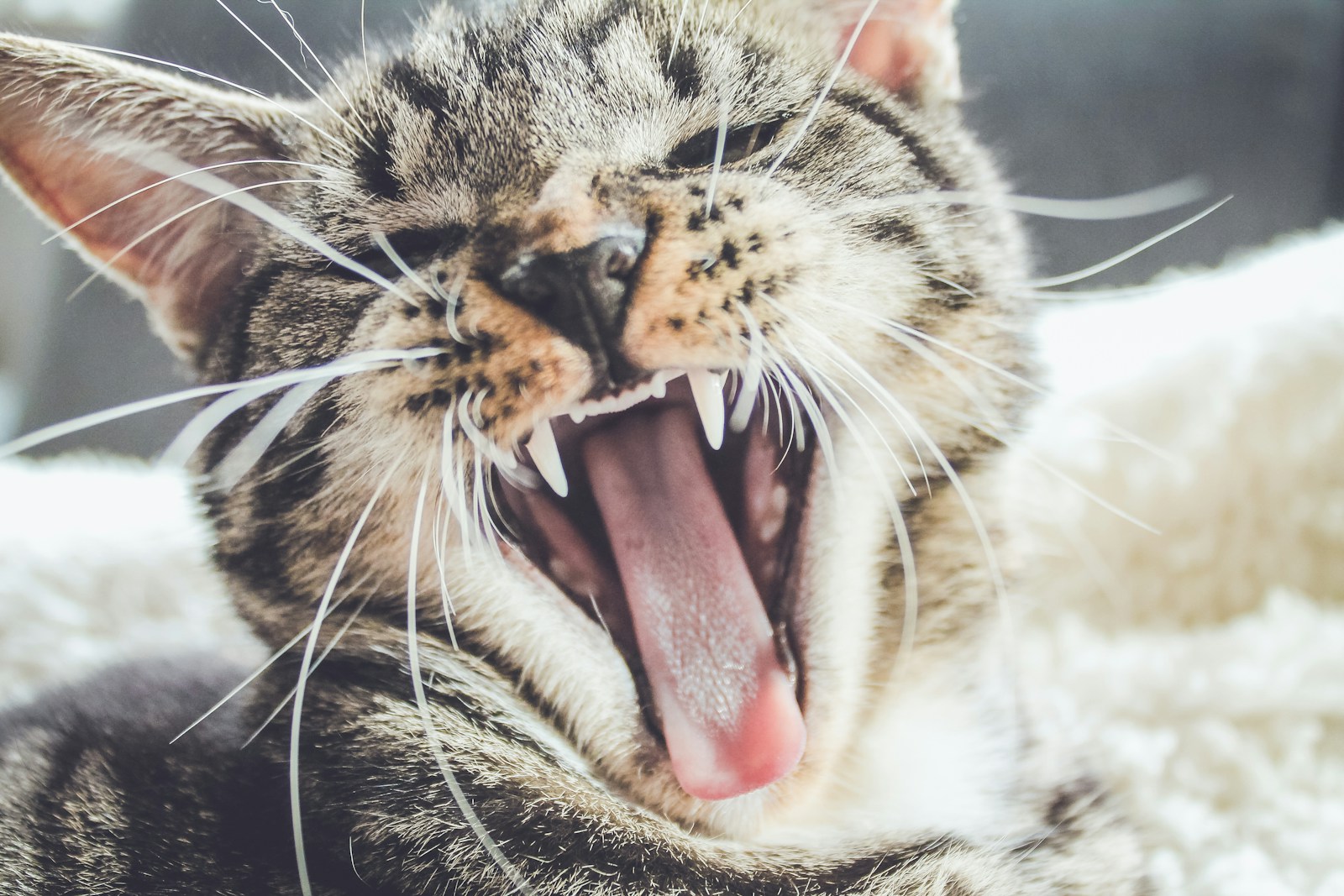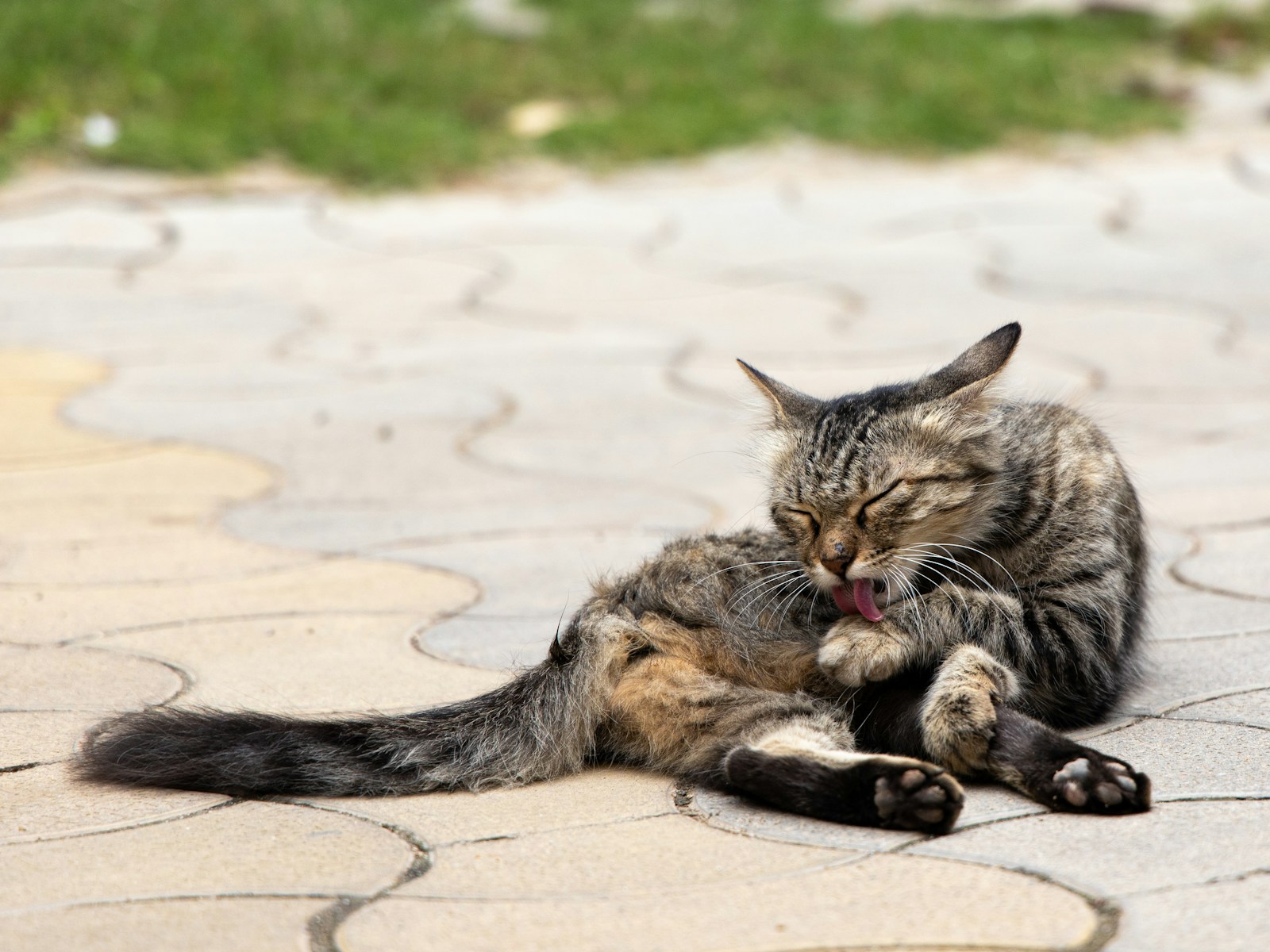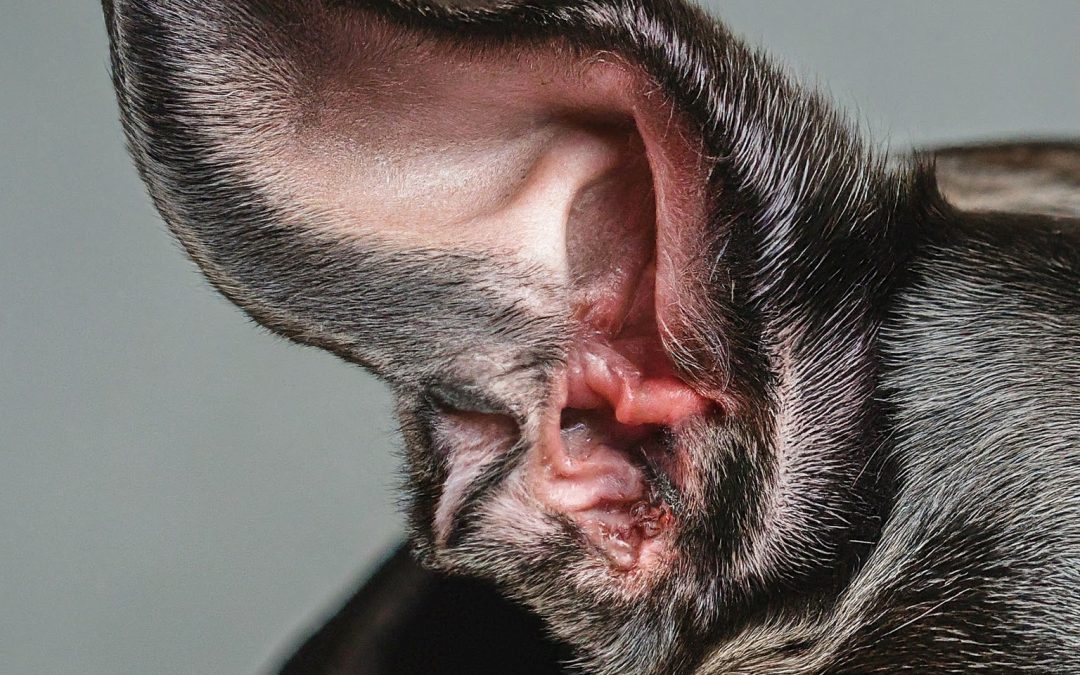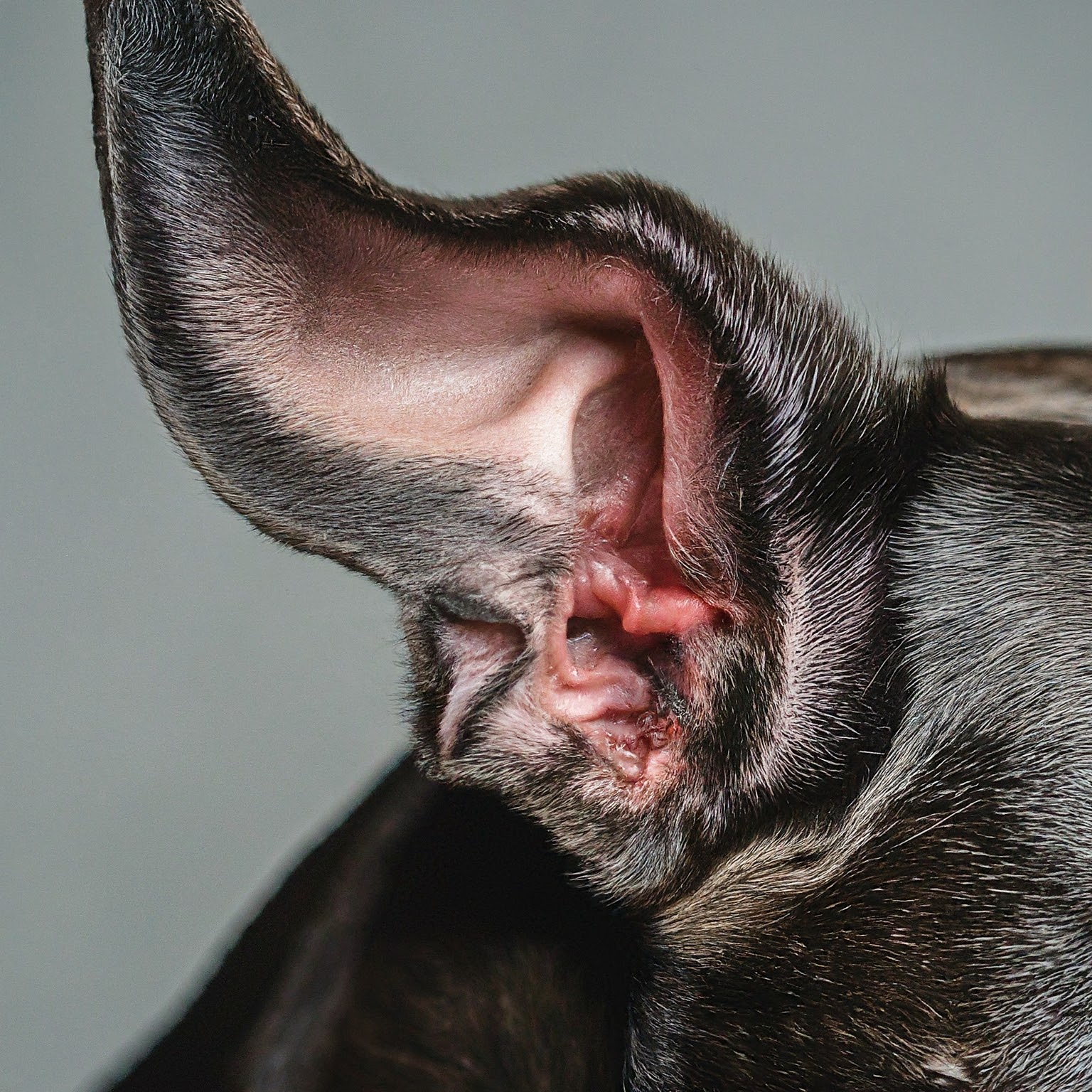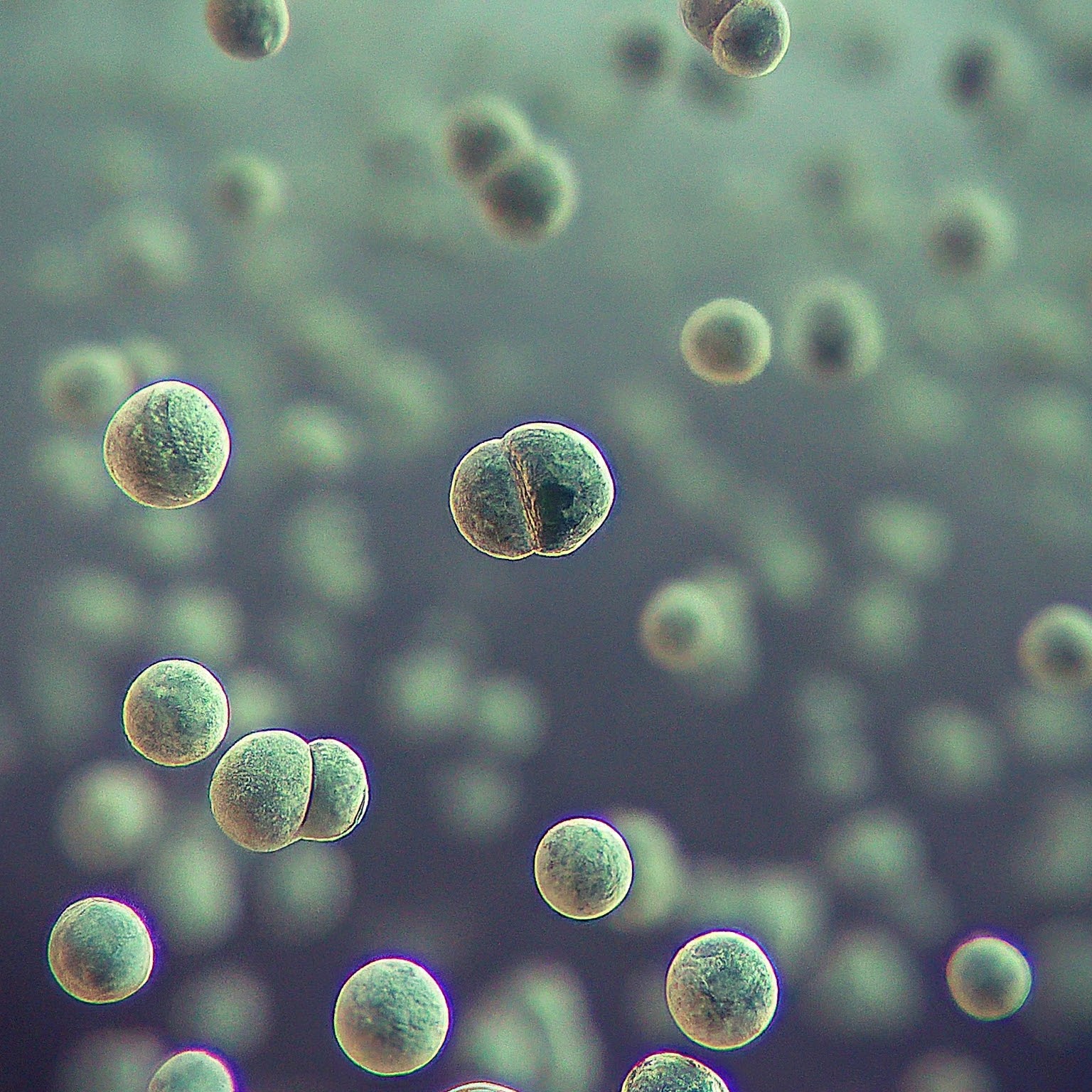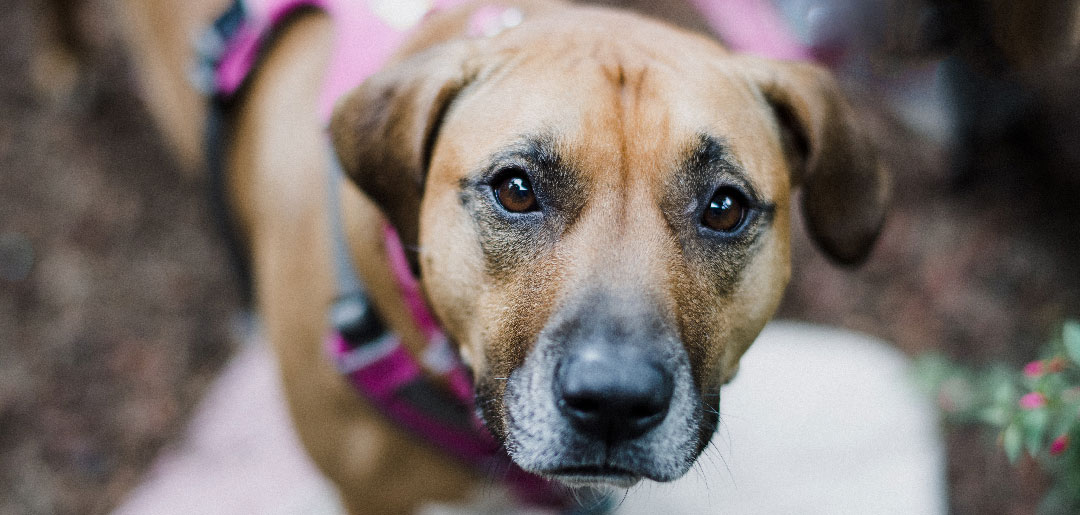
Understanding Quality of Life in Palliative and Terminally Ill Pets
Understanding Quality of Life in Palliative and Terminally Ill Pets
Based on the teachings of Dr. Huisheng Xie and Veterinary Palliative Care Guidelines
Introduction
Caring for a beloved animal with a terminal or chronic illness is one of the most emotionally complex responsibilities a pet owner can face. As a caregiver, it’s natural to wonder:
“Is my pet still enjoying life?”
“How do I know when it’s time to say goodbye?”
This guide outlines criteria to assess your pet’s Quality of Life (QOL), based on Dr. Huisheng Xie’s integrative veterinary approach. These tools aim to support you and your veterinary team in making compassionate and informed decisions.
What is Quality of Life?
Quality of Life refers to your pet’s comfort, enjoyment, and ability to engage in normal behaviors. When a pet is no longer thriving—physically, emotionally, or socially—it’s important to reassess their care plan, including the possibility of palliative interventions or euthanasia.
Dr. Xie’s Quality of Life Assessment Criteria
Dr. Xie’s integrative QOL approach includes both Western and Traditional Chinese Veterinary Medicine perspectives. It focuses on evaluating several key areas:
- Pain Management
- Is your pet in pain that cannot be controlled with medication, acupuncture, or other therapies?
- Pain can manifest as panting, vocalizing, restlessness, aggression, or hiding.
- Appetite
- Is your pet willing or able to eat?
- A consistent refusal of food or only eating when force-fed is a concern.
- Hydration
- Is your pet drinking enough water?
- Dehydration can lead to fatigue, dry gums, and organ strain.
- Mobility
- Can your pet walk, get up to urinate, or change positions without distress?
- Immobility often leads to pressure sores and decreased dignity.
- Hygiene & Grooming
- Is your pet able to stay clean and dry?
- Incontinence and poor grooming habits may indicate declining wellness.
- Happiness & Emotional Wellbeing
- Does your pet respond to affection or engage with family?
- Depression, withdrawal, and anxiety suggest reduced mental QOL.
- Daily Function ? Normal Behavior
- Is your pet still able to participate in activities they used to enjoy?
- Sudden personality changes or isolation can be signs of discomfort.
- Breathing
- Is breathing labored or distressed?
- Shortness of breath is a medical emergency and a major QOL factor.
Quality of Life Scoring System
You can use the Quality of Life Scale (Modified from Dr. Xie’s criteria) to track your pet’s condition over time:
Use the questions below to complete the table.
|
Life Activity Score 0 (very poor) to 100 (excellent) |
Life Activity | Score 0 to 100 |
| a. Mental status | ||
| b. General activity level | ||
| c. Appetite | ||
| d. Defection | ||
| e. Urination | ||
| f. Overall well-being | ||
| Life activity score Subtotal (a to f) | ||
| Pain Score | Amount of pain 0 (no pain) to 100 (severe pain) | |
| Life Quality Score | Life activity score minus (pain score x2) |
A. Mental Status (0-100)
Q1: How alert and responsive is your pet today?
- Completely unresponsive, vacant stare – 0
- Dull, minimally responsive even to familiar sounds – 25
- Occasionally alert, responsive to voice/touch – 60
- Bright, interested, seeks interaction – 100
B. General Activity Level (0-100)
Q2: How active is your pet compared to its usual behavior?
- No movement unless forced, lies still all day – 0
- Only moves for bathroom needs or food with difficulty – 30
- Moves about house, limited play – 60
- Walks, explores, plays, normal activity – 100
C. Appetite (0-100)
Q3: How is your pet eating today?
- No interest in food or water – 0
- Only eats treats or needs hand-feeding – 30
- Eats smaller portions than usual, skips meals – 60
- Normal appetite, eats readily – 100
D. Defecation (0-100)
Q4: How are your pet’s bowel movements?
- No control over defecation or painful straining, severe diarrhea – 0
- Irregular or very hard stools, or constant diahrhea, occasional discomfort – 30
- Regular, but with some mild changes in consistency – 60
- Normal frequency and consistency – 100
E. Urination (0-100)
Q5: How is your pet’s urination?
- Not urinating or extreme straining/pain or no bladder control – 0
- Urinates with difficulty or leakage – 30
- Less frequent or mild straining – 60
- Normal urination habits – 100
F. Overall Well-Being (0-100)
Q6: How does your pet seem overall in terms of happiness or contentment?
- Appears miserable, withdrawn, no interest – 0
- Some interaction, often hides, whines or seems sad – 30
- Has good and bad moments, occasionally playful – 60
- Appears content, alert, and comfortable – 100
Pain Score (0-200)
Q7: How much pain do you believe your pet is in?
- No signs of pain, relaxed posture, normal behaviours – 0
- Mild pain signs (occasional limping, reluctant to jump) – 50
- Noticeable pain (panting, whining, limping, restlessness) – 100
- Severe pain (constant vocalization, aggression, won’t move) – 200
Table 2 Application of life Quality Score
| Life Quality Score | Quality of Life |
| > 500 | Excellent |
| 400 – 500 | Good |
| 300 – 399 | Moderate |
| 100 – 200 | Poor |
| <100 | Dismal, consider euthanasia |
When it is Time to Say Goodbye?
Dr. Xie emphasizes compassionate care and dignity as guiding principles. If your pet is suffering despite best efforts and interventions, and their QOL score is consistently below 50, it may be time to consider humane euthanasia. This final act of kindness allows them to pass peacefully, without prolonged distress.
Final Thoughts
This journey can be incredibly emotional, but you are not alone. Our veterinary team is here to support you in navigating this time with empathy, clarity, and care.
Book an APPOINTMENT today!
Please email us at [email protected]
Our experienced team of veterinarians is here to help your pet feel their best.
(Diagnoses and treatment advice will not be given on email or WhatsApp)

